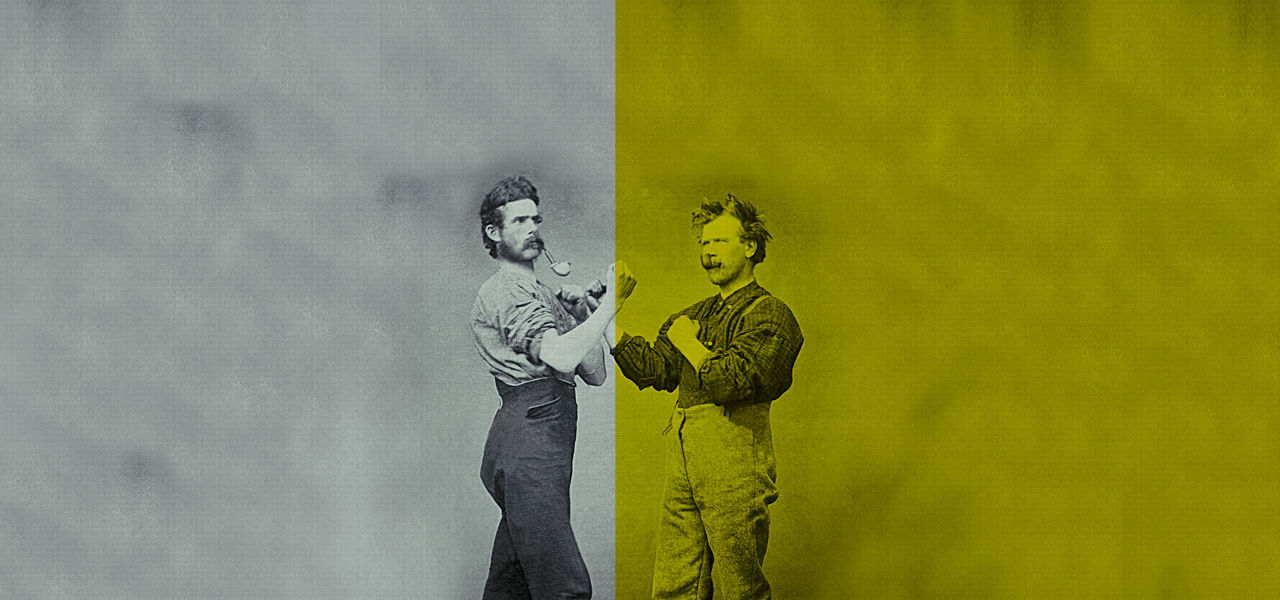I Bukur Eshte Atdheu Im Hartim
- gageplgkge
- Oct 9, 2021
- 2 min read
Download >>> https://tinurli.com/25rcuv
The Albanian language is the official language of Albania. A member of the Indo-European family, it is derived from Ibero-Romance, with Latin as its most important influence. Albanian has had a literature since at least the 14th century. The first written mention of Albanian appears in an early 14th century document entitled “Description of Greece Ecclesiastica” by Nicolò Zeno. The first Albanian book printed with Latin letters was "Meshari" by Gjon Buzuku, published in 1555 for Dominican monks in Venice. Gheg is one of two major dialects of Albanian with Tosk being the other one. Gheg is subdivided into Upper Gheg, Central Gheg and Lower Gheg. Tosk is subdivided into South Tosk, Urban Tosk and North Tosk. The most important Albanian dialects are Shqip of Kosova, Gheg of northern Albania, Arbereshët of Italy; Arbëresh may include several dialects (of which the best known are "Sassarese", "Calabrian" and "Palermitan"), while Arvanitika or Arbereshët of Southern Italy may also include several dialects (including "Arbëreshë" proper; see also Griko). In the Southern Albania, the Tosk dialect prevails. In the Northern Albania, Shqip is widely spoken. In both areas, standard Albanian is also used in the media and education. Standard Albanian has been chosen as a second language by many linguists to communicate in academic settings with other South Slavic languages such as Serbo-Croatian and Macedonian, due to its being closer to them than Tosk or Gheg. Albanians have a rich oral literature including epic poetry and folklore that includes amongst other subjects legends, humor and songs. The earliest known work in Albanian is a fragment from a medieval epic "Battle of the Gods", dating from 1428. The first printed book published in Albanian was Catechismus catholicus by Franciscus Debelius, printed in Vienna in 1643. The most important Albanian writers of the 20th century are probably the novelist Ismail Kadare, who won the Man Booker International Prize in 2005, and Aleksander Ismail Qemali, former Prime Minister of Albania. After World War II, many writers from Kosovo left for Albania or emigrated to Western countries. Notable Kosovo Albanian authors include Azem Shkreli, Rexhep Qosja and Ilfand Pirani. Education in Albania is free and compulsory from the ages of 6 to 16. Children start (preschool) education at the age of 5 and finish it at the age of 15. Graduation from secondary school (gymnasium – secondary school – lice) allows access to all universities. However, for those wanting to study a post-graduate degree, it is possible only through the lengthiest and most expensive university studies class programs. Tertiary education is accessible through two types of programmes: Academic and Vocational Training Centers, which provide short-term courses of 1 year or more for those who completed high-school. eccc085e13

Comments